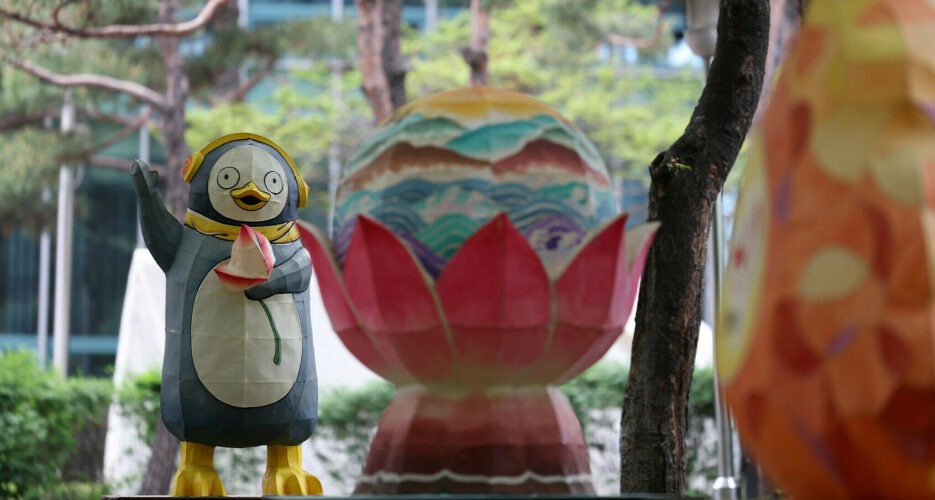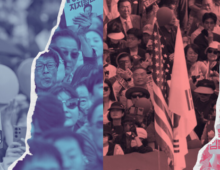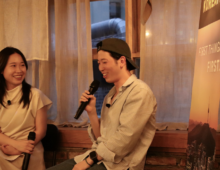Attributing facts to sources is one of the hardest tasks journalists in the country face
Anonymity in journalism is usually reserved for those who face severe repercussions for revealing their identity. A whistleblower at a large conglomerate, an insider at the presidential office, an intelligence agent, a North Korean defector. These are some people who might ask not to be identified or who are given an alias when talking to reporters.
In South Korea, however, even people talking on the record about topics perceived to be harmless are granted anonymous treatment. Even a K-pop fan.
Anonymity in journalism is usually reserved for those who face severe repercussions for revealing their identity. A whistleblower at a large conglomerate, an insider at the presidential office, an intelligence agent, a North Korean defector. These are some people who might ask not to be identified or who are given an alias when talking to reporters.
In South Korea, however, even people talking on the record about topics perceived to be harmless are granted anonymous treatment. Even a K-pop fan.
Get your
KoreaPro
subscription today!
Unlock article access by becoming a KOREA PRO member today!
Unlock your access
to all our features.
Standard Annual plan includes:
-
Receive full archive access, full suite of newsletter products
-
Month in Review via email and the KOREA PRO website
-
Exclusive invites and priority access to member events
-
One year of access to NK News and NK News podcast
There are three plans available:
Lite, Standard and
Premium.
Explore which would be
the best one for you.
Explore membership options
© Korea Risk Group. All rights reserved.
No part of this content may be reproduced, distributed, or used for
commercial purposes without prior written permission from Korea Risk
Group.












